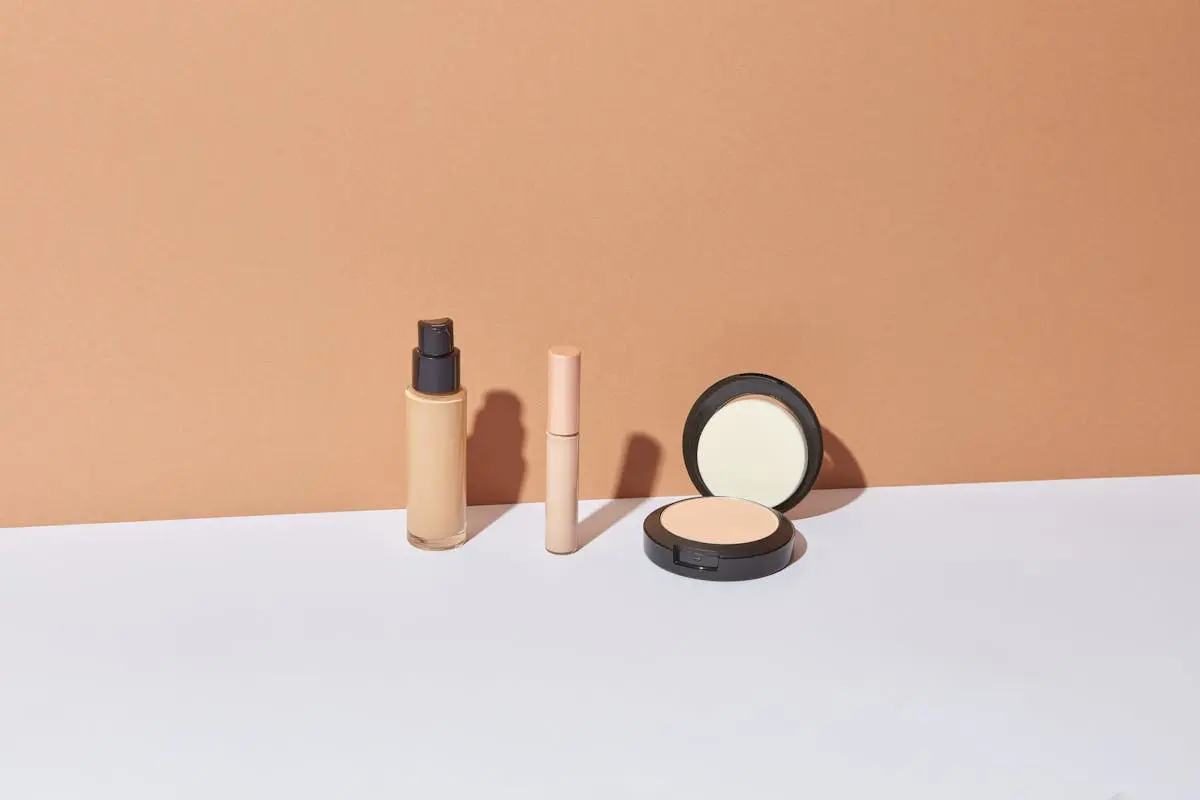Join me on a beauty journey as I reveal 7 insider tricks for achieving makeup perfection that lasts all day and night. Whether you’re a makeup enthusiast or a beginner, these expert tips will elevate your makeup game and keep you looking flawless wherever your travels take you.
1. The Art of Makeup Setting Spray Magic
Makeup setting spray is a must-have in any makeup bag, but do you know the secret to maximizing its potential? After applying your makeup, hold the setting spray at arm’s length and spritz lightly in an ‘X’ and ’T’ motion. This technique ensures even distribution and sets your makeup in place for hours.
For a refreshing twist, try storing your setting spray in the fridge. The cool mist not only sets your makeup but also gives your skin a rejuvenating boost, perfect for long days on the road or under the sun.
Remember, setting spray is your makeup’s best friend when it comes to longevity. Invest in a quality setting spray and watch your makeup stay flawless from morning coffee to evening cocktails.
2. Glow like a Pro with Illuminating Primers
Illuminating primers are the secret weapon for that coveted lit-from-within glow. Apply a pea-sized amount before foundation to create a luminous base that shines through your makeup.
To highlight specific areas like your cheekbones or brow bones, mix a drop of liquid illuminator with your primer. This trick adds an extra dimension to your makeup look, giving you a professional, radiant finish.
With illuminating primers, you’ll be glowing like a pro in no time. Say goodbye to dull, flat skin and hello to a dewy, radiant complexion that lasts all day.
3. Mastering the Flawless Foundation Technique
Achieving a flawless foundation finish is all about the right tools and technique. Invest in a quality foundation brush or makeup sponge for seamless application that blends your foundation into your skin effortlessly.
For a natural look, apply foundation in thin layers, focusing on areas that need more coverage. Build up gradually to avoid a cakey finish and set with a light dusting of translucent powder for a long-lasting, matte effect.
With the right foundation technique, you’ll have a flawless base that enhances your natural beauty and withstands the challenges of travel, keeping you fresh and radiant throughout the day.
4. Concealer Hacks for Bright and Awake Eyes
Concealer is a makeup multitasker that can brighten dark circles, conceal blemishes, and highlight features. To achieve bright and awake eyes, apply concealer in an inverted triangle under your eyes, blending outwards for a seamless finish.
For stubborn dark circles, mix a peach or orange corrector with your concealer to neutralize discoloration before applying your regular concealer. This color-correcting trick cancels out dark shadows and brightens your under-eye area instantly.
By mastering these concealer hacks, you’ll have bright, refreshed eyes that look like you’ve had a full night’s sleep, even after a red-eye flight or late-night exploring.
5. Blush and Bronzer Tricks for a Natural Flush
Blush and bronzer can add warmth and dimension to your face, but do you know the secrets to a natural flush that lasts all day? Choose blush and bronzer shades that complement your skin tone and apply with a light hand for a subtle, natural look.
To create a sun-kissed glow, apply bronzer to the high points of your face where the sun naturally hits. Remember to blend well to avoid harsh lines and ensure a seamless transition between your blush and bronzer.
With these blush and bronzer tricks, you’ll achieve a natural, healthy flush that enhances your features and stays put whether you’re exploring a new city or lounging on the beach.
6. Eyeshadow Secrets to Elevate Your Look
Elevate your eye makeup game with these eyeshadow secrets from a traveling makeup artist. Start by applying an eyeshadow primer to create a smooth canvas that intensifies the colors and extends the wear of your eyeshadow.
When blending multiple eyeshadow shades, use a light hand and build up the colors gradually for a seamless gradient effect. Focus darker shades on the outer corner and crease to add depth and definition to your eyes.
By mastering these eyeshadow secrets, you’ll create mesmerizing eye looks that stay vibrant and crease-free from sunrise to sunset, no matter where your journey takes you.
7. Lipstick Longevity Tips for All-Day Wear
Make your lipstick last all day with these insider tips. Start by exfoliating your lips to create a smooth base, then outline and fill in your lips with a lip liner to prevent feathering and prolong the wear of your lipstick.
Choose long-wearing lipstick formulas or layer with a liquid lipstick for extended stay power. Blot with a tissue between layers to lock in the color and finish with a touch of translucent powder for a matte, long-lasting look.
With these lipstick longevity tips, you’ll enjoy vibrant, kiss-proof lips that defy fading, smudging, and feathering, ensuring your pout looks perfect throughout your travel adventures.












